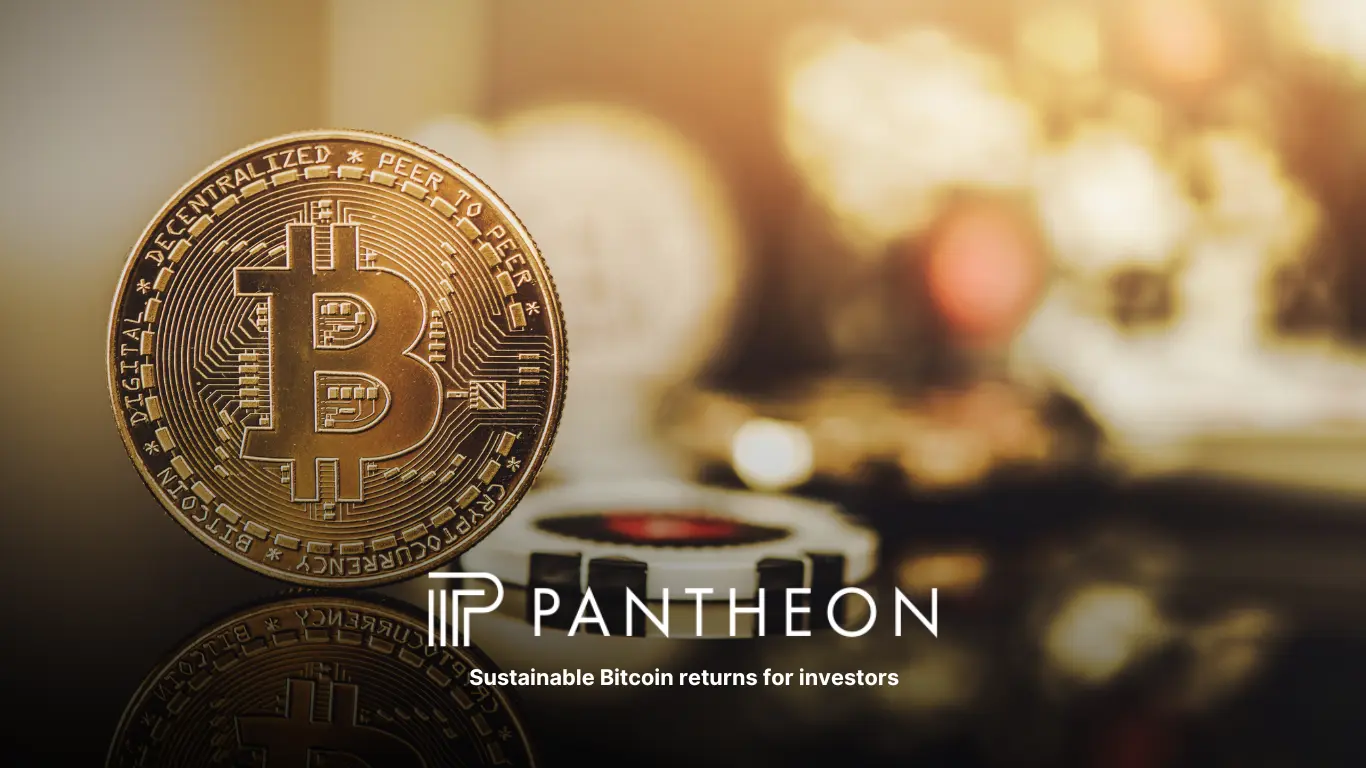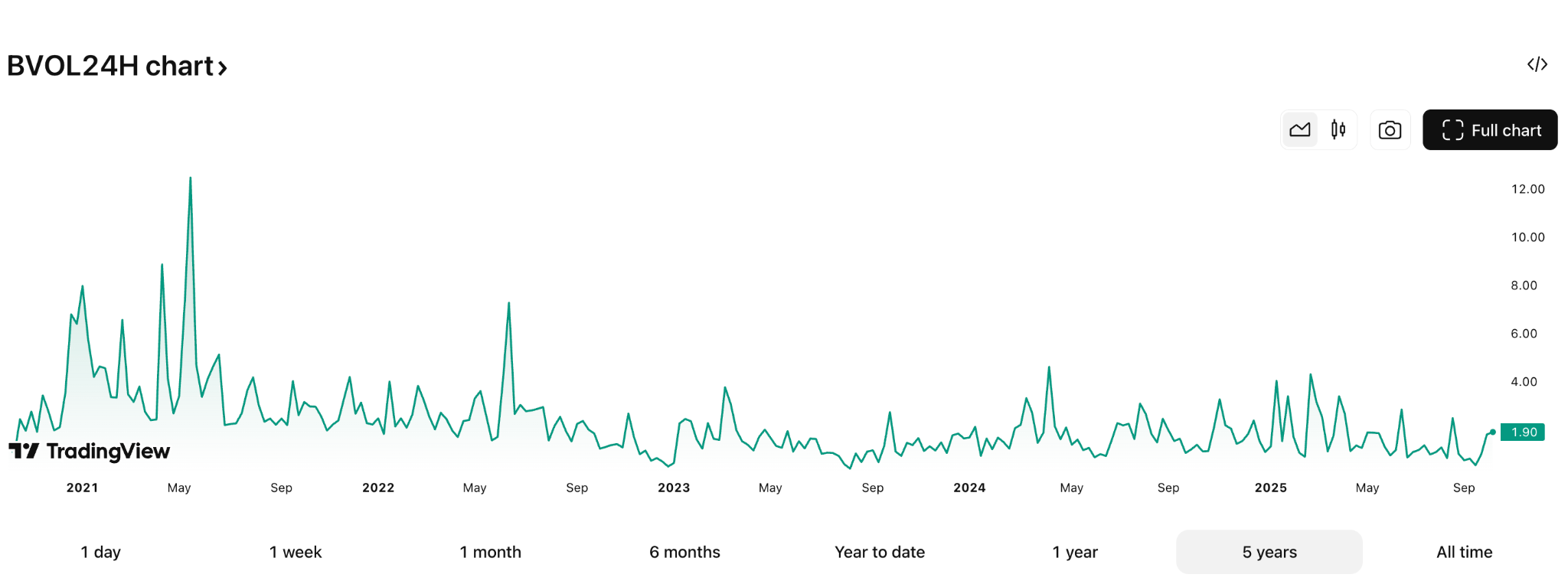
Publicly listed companies now hold over one million Bitcoin, accounting for nearly five per cent of the total supply.
This represents a significant move in capital management, with Bitcoin transitioning from a speculative asset to a strategic corporate reserve.
Across boardrooms and treasury departments, it is valued for its scarcity, liquidity, and independence from central banks.
As of October 2025, Microstrategy is the top corporate holder, possessing 640,031 Bitcoin on its balance sheet. Its position has set the standard for strategic accumulation among public companies. MARA Holdings follows with 52,850 Bitcoin, while XXI and Metaplanet Inc. hold 43,514 and 30,823, respectively.
Mining firms such as Riot Platforms, CleanSpark, and Hut 8 continue to add to their reserves through self-mined production, strengthening their balance sheets with the very asset they help secure.
Collectively, public companies now hold approximately 5% of Bitcoin’s fixed supply, confirming that corporate adoption has progressed beyond experimentation and into a deliberate financial policy.

The accumulation of Bitcoin on corporate balance sheets is driven by regulatory clarity, monetary pressure, and the need for transparent reserves.
The US Financial Accounting Standards Board’s 2023 decision on fair-value accounting marked a decisive change. It allowed companies to record Bitcoin at market price, removing the constraints that once discouraged adoption. For finance leaders, this reform established a clear and practical framework for treating Bitcoin as a treasury asset.
Monetary conditions have reinforced this trend. With rising debt and weakening currencies, companies are seeking assets with fixed issuance and independence from central banks. Bitcoin offers both, providing corporations with a reserve that holds value outside of monetary policy cycles.
Its transparency further strengthens its appeal. The open ledger provides verifiable ownership and immutable records, ensuring accountability and complete visibility over holdings.
These factors have repositioned Bitcoin from a speculative asset to a strategic reserve instrument, valued for its scarcity, clarity, and resilience.
To examine how Bitcoin mining performs compared to traditional investments, see our analysis on how Bitcoin mining performs vs other investments.
Corporate treasuries have added measurable stability to the Bitcoin market.
Listed companies operate under regulatory frameworks, audit requirements, and institutional custody standards, thereby raising industry standards and enhancing transparency.
According to TradingView’s BVOL24H index (Figure 2), Bitcoin’s short-term volatility has fallen from peaks above 10 in 2021 to around 1.9 in late 2025 — the lowest level in five years. This steady decline highlights how institutional participation is creating a more mature and predictable market.
Public companies and custodians now hold nearly five per cent of the total Bitcoin supply, taking a significant share out of active trading. This reduced float limits sharp price swings and reinforces Bitcoin’s position as a long-term store of value rather than a speculative instrument.

Bitcoin is now a defined component of corporate reserve policy.
Its fixed supply and global convertibility make it a credible store of value and an effective hedge against monetary expansion.
Public companies and funds currently hold more than one million Bitcoins, equivalent to approximately five per cent of the total supply. This share continues to grow as balance-sheet adoption becomes standard practice across industries. Combined with record inflows into regulated exchange-traded funds and a rising concentration of long-term holders, the available supply on exchanges has reached one of its lowest levels in years.
As corporate ownership becomes the norm, pension funds, insurers, and sovereign entities are expected to follow, further tightening the supply and reinforcing long-term demand. This progression confirms Bitcoin’s role as a finite, institutional-grade reserve asset.
Some investors are extending this exposure through Bitcoin mining, gaining access directly at the network level, effectively acquiring Bitcoin at the source while supporting the infrastructure that underpins it.
Public companies now control a significant share of Bitcoin’s supply.
Their participation confirms institutional conviction and structural demand.
In a world of monetary excess, Bitcoin represents a finite, transparent, and verifiable reserve of value.
The contents of this analysis are for informational purposes only and do not constitute investment advice. The study is based on the author's opinions and assumptions and may not reflect the actual state of the market or the future outcomes of any investment. The author is not a financial advisor and assumes no responsibility for the information's accuracy, completeness, or suitability.
Bitcoin investments are subject to high risks and volatility. The prices can fluctuate significantly due to factors such as supply and demand, regulatory actions, technological innovations, security breaches, hacking attacks, market sentiment, and global events.
Investors should be aware of these risks and conduct their diligence before making investment decisions.



